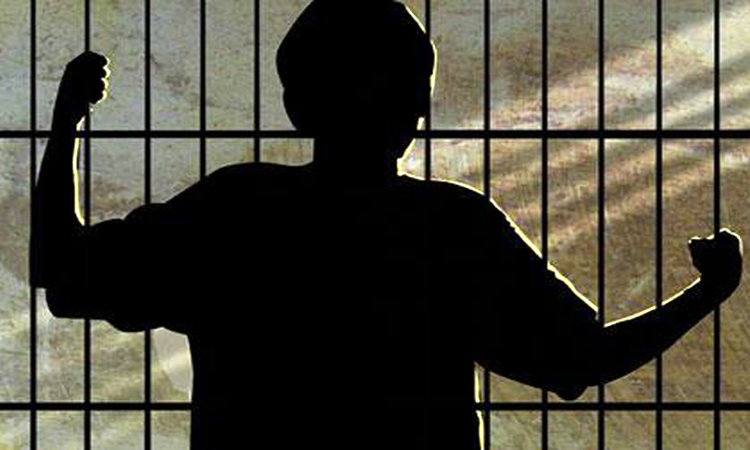The Delhi Commission for Protection of Child Rights (DCPCR) has filed a petition before the High Court challenging the requirement of recording of 'reason for alleged offence and the alleged role of the child in the offence' in the juvenile's Social Background Report and Social Investigation Report, stating that the same authorises extracting of confession from the child in violation of...

